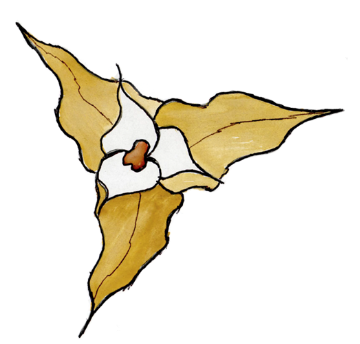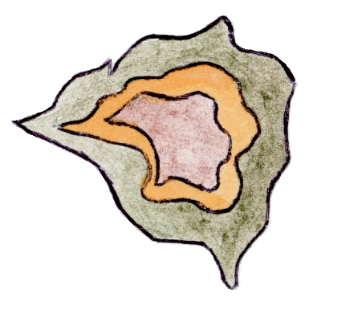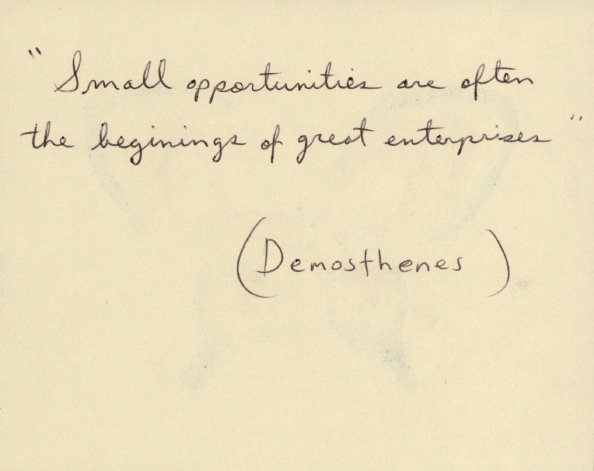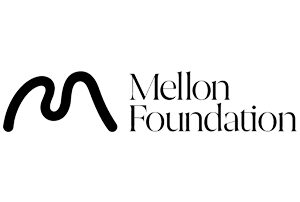About the Archive
The mission of the American Prison Writing Archive (APWA) is to replace misrepresentation of prisons and imprisoned people with first-person witness by those living in legalized confinement.
No single essay can tell us all that we need to know, but a mass-scale national Archive can begin to strip away widely circulated myths and replace them with a sense of the true human costs of the current legal order. By soliciting, preserving, digitizing and disseminating the work of imprisoned people and volunteers, we hope to ground national debate on mass incarceration in the lived experience of those who know prisons best.
In our current stage of development, our goal is to triple APWA holdings, with particular efforts to expand witness from people in the Archive who are women, gender non-conforming, Spanish speaking, and representative residents from all states and territories. We invite all APWA visitors who are formerly incarcerated, work with or know incarcerated people to help us in increasing contributions that document the prison experience.
The Archive is built on the belief that incarcerated people are always the leading experts on practices and policy of legal confinement’s effects. They can offer a generative index of state and civil society’s (mis)managing of criminal legal systems and public safety. APWA writers are spokespeople for the challenges, aspirations, hopes, and enduring resistance and resilience of imprisoned people.
Image Credit: Whitecell, Davy. Well it’s early enough.
About the Archive
The mission of the American Prison Writing Archive (APWA) is to replace misrepresentation of prisons and imprisoned people with first-person witness by those living on the receiving end of failed systems and enduring inequality.
No single essay can tell us all that we need to know, but a mass-scale national Archive can begin to strip away widely circulated myths and replace them with a sense of the true human costs of the current legal order. By soliciting, preserving, digitizing and disseminating the work of imprisoned people and volunteers, we hope to ground national debate on mass incarceration in the lived experience of those who know prisons best.
In our current stage of development, our goal is to triple APWA holdings, with particular efforts to expand witness from people in the Archive who are women, gender non-conforming, Spanish speaking, and representative residents from all states and territories. We invite all APWA visitors who are formerly incarcerated, or work with or know incarcerated people, to help us in increasing contributions that document the prison experience.
The Archive is built on the belief that incarcerated people are always the leading experts on practices and policy of legal confinement’s effects. They can offer a generative index of state and civil society’s (mis)managing of criminal legal systems and public safety. APWA writers are spokespeople for the challenges, aspirations, hopes, and enduring resistance and resilience of imprisoned people.
The APWA is committed to amplifying as it honors first-hand experience.
Incarceration is not a monolith. In the APWA, the multifaceted and intersectional experience of incarceration is revealed by those living it, as they choose to represent it and to be represented. This work is not edited; writers decide what and how much personal information the APWA holds. Public negligence of imprisoned people will continue without multiple platforms for experienced voices. The Archive thus strives to be a key component in a collective of organizations, projects, and individuals committed to enabling incarcerated writers. The APWA is unique in building a platform with the capacity to layer search facets so that all readers can appreciate that the conditions imprisoned people endure cross state borders, at the same time that each voice is unique.
These writers cast off their positions as objects of study and claim the power of narrative witness to their lives, their conditions, and to their essential roles as creators of knowledge from inside the grip of the carceral state. The APWA seeks to secure such witness for posterity.
Image Credit: James W.B Jackson
The APWA is committed to amplifying as it honors first-hand experience.
Incarceration is not a monolith. In the APWA, the multifaceted and intersectional experience of incarceration is revealed by those living it, as they choose to represent it and to be represented. This work is not edited; writers decide what and how much personal information the APWA holds. Public negligence of imprisoned people will continue without multiple platforms for experienced voices. The Archive thus strives to be a key component in a collective of organizations, projects, and individuals committed to enabling incarcerated writers. The APWA is unique in building a platform with the capacity to layer search facets so that all readers can appreciate that the conditions imprisoned people endure cross state borders, at the same time that each voice is unique.
These writers cast off their positions as objects of study and claim the power of narrative witness to their lives, their conditions, and to their essential roles as creators of knowledge from inside the grip of the carceral state. The APWA seeks to secure such witness for posterity.

Image Credit: James W.B Jackson
The APWA and a Prison Witness Collective challenge the exclusion of the voices of the confined from our nation’s imagination about criminal legal practices. The APWA aims to provide an inclusive archive, so that when scholars, journalists, policymakers and the public discuss incarceration they must confront the testimony of those inside. We seek to enable inside writers to expose what institutions and the prison industry conceal and that data analysis often obscures. We acknowledge that the Archive is situated in an institution that has contributed to some of the systems of oppression unveiled by its authors. The APWA pledges to initiatives such as Fellowships that materially engage and empower imprisoned and formerly imprisoned people.
Image Credit: James W.B Jackson
Strengthening transparency
Strengthening transparency
The APWA and a Prison Witness Collective challenge the exclusion of the voices of the confined from our nation’s imagination about criminal legal practices. The APWA aims to provide an inclusive archive, so that when scholars, journalists, policymakers and the public discuss incarceration they must confront the testimony of those inside. We seek to enable inside writers to expose what institutions and the prison industry conceal and that data analysis often obscures. We acknowledge that the Archive is situated in an institution that has contributed to some of the systems of oppression unveiled by its authors. The APWA pledges to initiatives such as Fellowships that materially engage and empower imprisoned and formerly imprisoned people.

Image Credit: James W.B Jackson
Addressing archival silences
No archive is perfectly comprehensive. We learn not only from the sources that are present, but also by critically considering archival silences and absences. What sources are not here? Whose voices are not represented? What topics may be unwritten?
Image Credit: graphic composition, Kathryn Vitarelli; words, Mike Freedom

Image Credit: Brian Fuller
History
The American Prison Writing Archive evolved from a book project completed in 2014 with the publication of Fourth City: Essays from the Prison in America, the largest collection to date of non-fiction writing by currently incarcerated Americans writing about their experience inside. The submission deadline for Fourth City passed in August 2012, yet submissions never ceased. Incarcerated people drove the imperative to build the APWA. A major grant from the National Endowment for the Humanities (2017-2021) accelerated the Archive’s growth and solidified its digital protocols. In 2022, the APWA was awarded a grant from The Mellon Foundation to expand, broaden dissemination, and to move from Hamilton College to the Sheridan Libraries at Johns Hopkins University, on the unceded land of the Piscataway and Susquehannock peoples in Baltimore, Maryland.
Special Thanks
Get In Touch
We’d love to hear from you about:
- Projects you’re working on inspired by the Archive.
- Courses or teaching using the Archive
- Opportunities for relationship building and collaboration.
- Opportunities to build connections with organizations engaged in similar work.
- Opportunities to disseminate our call for entries within active prison publications and networks.
- Opportunities to Volunteer
American Prison Writing Archive
Johns Hopkins University
3400 N. Charles St.
Baltimore, MD 21218
Help us get the word out to new writers to contribute their first-hand experiences with APWA. Share our Call for Essays with family, friends, and incarceration focused support and advocacy groups and educational programming.






